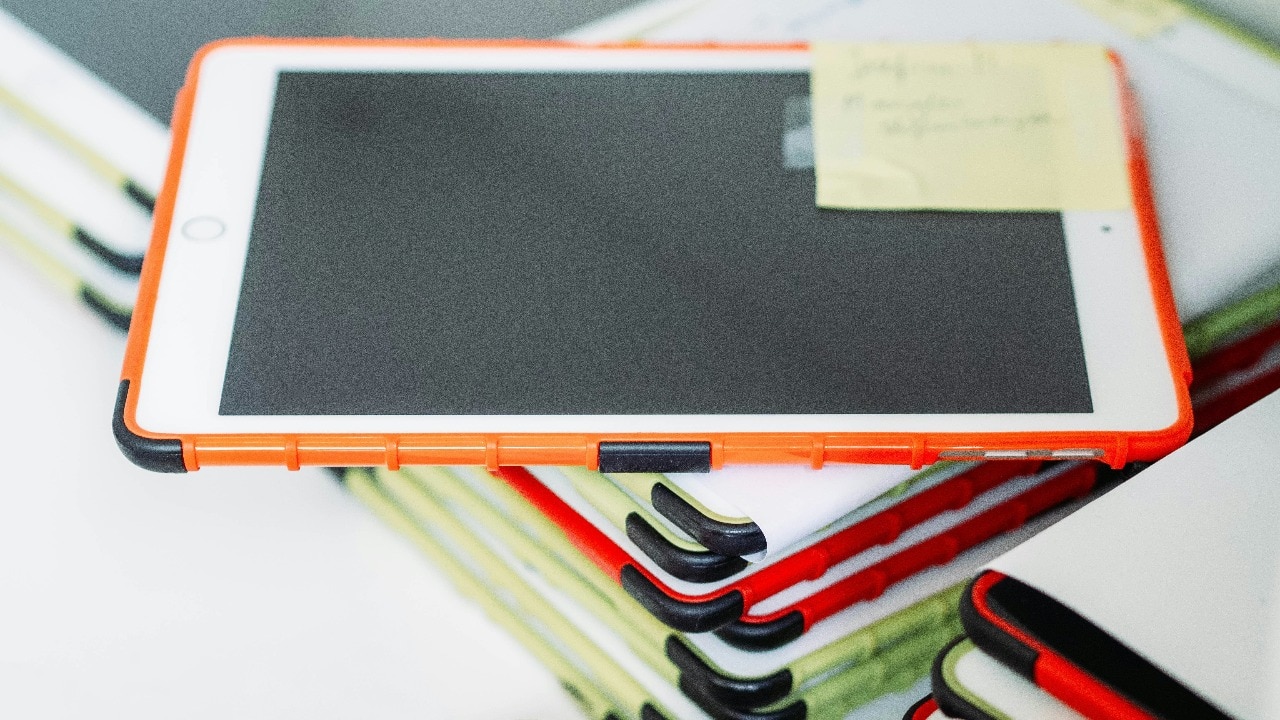The traditional approach to learning, often characterised by hefty textbooks and lengthy lectures, underwent a significant change during the COVID-19 pandemic when the world increasingly adopted digital means of learning, with education/academics receiving a heavily digitalised facelift.In today’s digital world, fuelled by information overload and fast-paced lives, artificial intelligence (AI) tools are emerging as instrumental agents – revolutionising the way we acquire knowledge and engage in self-improvement.
Gaurav Khanna, Co-Founder, Oter – the Microbook App has shared how microbook apps are revolutionsing self-improvement.
RISE OF AI AND ITS IMPACT
With the rise of AI, the journey to individualistic self-improvement has made significant strides – with in-depth analysis of user data to identify behavioural patterns and emotional triggers, these apps aim to personalise self-improvement accomplishments in consideration of daily activities like sleep, exercise, and diet.
One such AI tool that has streamlined the process of how one interacts with knowledge/learning is the advent of Microbooks. Microbooks are condensed versions of non-fiction books, presenting key ideas and insights into bite-sized chunks, offering several advantages that cater to the modern learner.
MICROBOOK CONCEPT AND CONTRIBUTION IN SELF-IMPROVEMENT JOURNEY
The amalgamation of advanced technology into learning mechanisms via the incorporation of Microbooks has paved the way for delivering knowledge in short and manageable bursts, allowing individuals living a fast-paced life to learn and grow throughout their day, even during commutes or short breaks.
Leveraging the power of personalisation, Microbook applications curate content specifically aligned with individual self-improvement objectives. They not only impart knowledge but also ensure active engagement and implementation. This approach bridges the crucial gap between theoretical understanding and practical application in daily life.
In the realm of education, Microbooks may serve as introductions to complex topics, providing students with a foundational understanding before delving deeper into traditional textbooks – further significantly improving student preparedness and enhance their grasp of the subject.
Moreover, the accessibility of Microbooks caters to diverse learning styles and paces, allowing students to process information in smaller doses, uniquely catering to their respective paces.
Microbooks can also provide impetus for further research, encouraging students to explore it further through traditional textbooks, online resources, or classroom discussions. This can ignite curiosity and cultivate a love for lifelong learning. Microbooks can make learning more interactive and engaging. Many Microbook apps incorporate features like quizzes, summaries, and multimedia elements, which can keep students interested and motivated.
—-
Microbooks are revolutionising the way we learn and approach self-improvement. Their focus on accessibility, engagement, and personalisation caters to the modern learner’s needs. In the realm of education, Microbooks empower educators to create more effective and differentiated learning experiences.
As technology continues to evolve and Microbook content expands, we can expect this innovative approach to learning to play an increasingly important role in shaping the future of knowledge acquisition.
